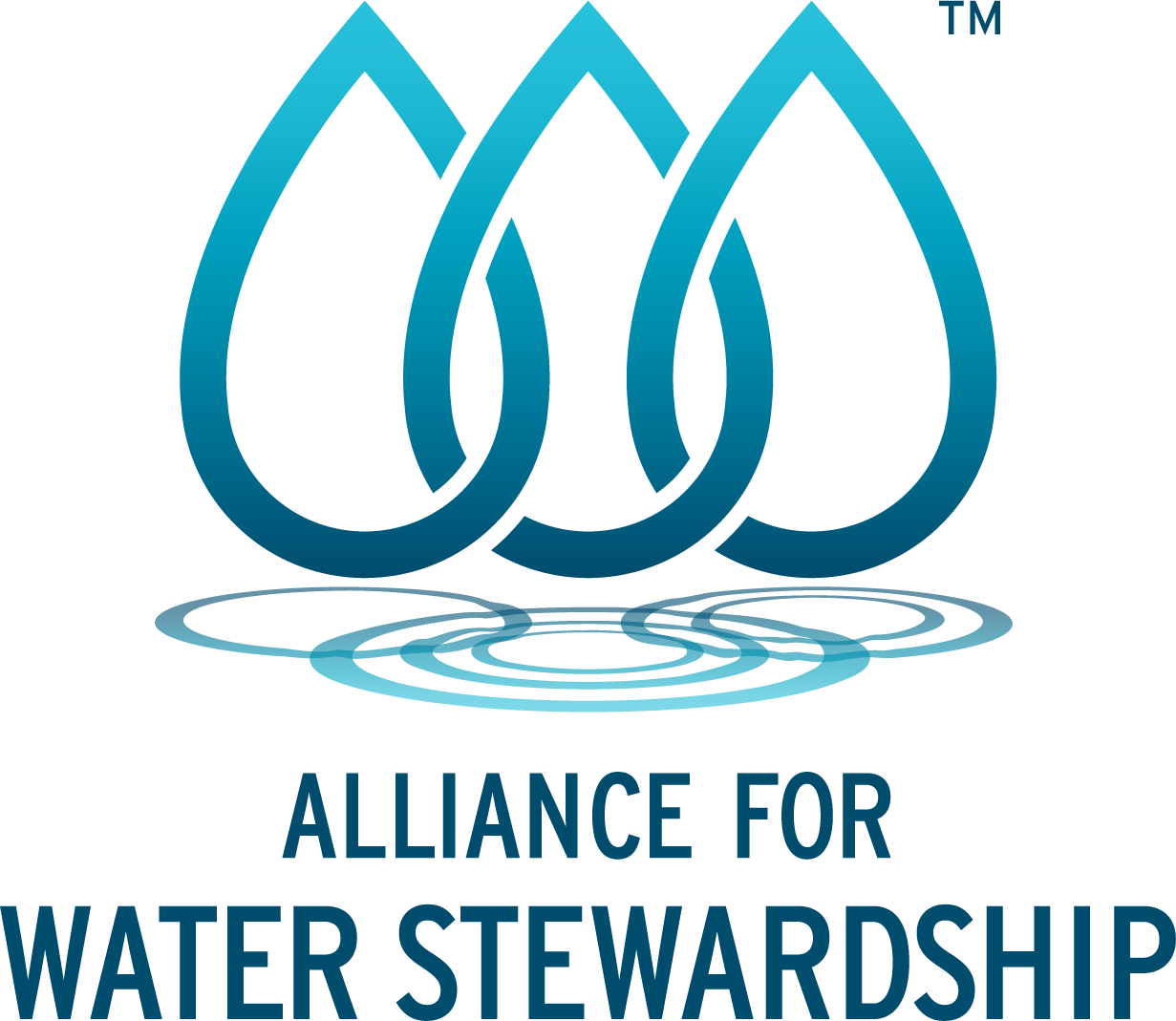ISEAL Innovation Fund Project
Boosting Sustainability Practice and Performance at the Landscape Level through Good Water Stewardship
Indonesia, like many regions around the world, is facing increasing threats from water-related risks such as droughts, water pollution, flooding, water resource availability and deforestation. Awareness of the impacts of these issues on businesses and supply chains is becoming more apparent, as is the need for solutions.
The International Standard for Water Stewardship (AWS Standard) provides an opportunity to support sustainable production of globally traded commodities by driving collective action at the catchment level. The Alliance for Water Stewardship (AWS), in collaboration with our country partner, Yayasan Aliansi Wali Sumber Daya Air Indonesia (AWS Indonesia), and in partnership with the Roundtable on Sustainable Palm Oil (RSPO), the Global Platform for Sustainable Natural Rubber (GPSNR) and Lingkar Temu Kabupaten Lestari (LTKL), is working to strengthen water stewardship practices within existing commodity standards and jurisdictional and landscape approaches in Indonesia.
As a result of this project, AWS has produced a series of reports that aim to provide practical guidance on the areas of overlap and gaps between the AWS Standard V 2.0 and the RSPO Principles and Criteria, the GPSNR Policy Framework and the Regional Competitiveness Framework (RCF) of the Sustainable District Association in Indonesia (LTKL). We have also published an overview of mechanisms and incentives to increase good water stewardship practices in Indonesia.
This project was supported by the ISEAL Innovations Fund and the Swiss State Secretariat for Economic Affairs (SECO).
To learn more about this project, visit the ISEAL Innovations Projects page.
WATER STEWARDSHIP AND JURISDICTIONAL APPROACHES

WATER STEWARDSHIP AND SUSTAINABLE PALM OIL PRODUCTION
WATER STEWARDSHIP AND SUSTAINABLE NATURAL RUBBER PRODUCTION



